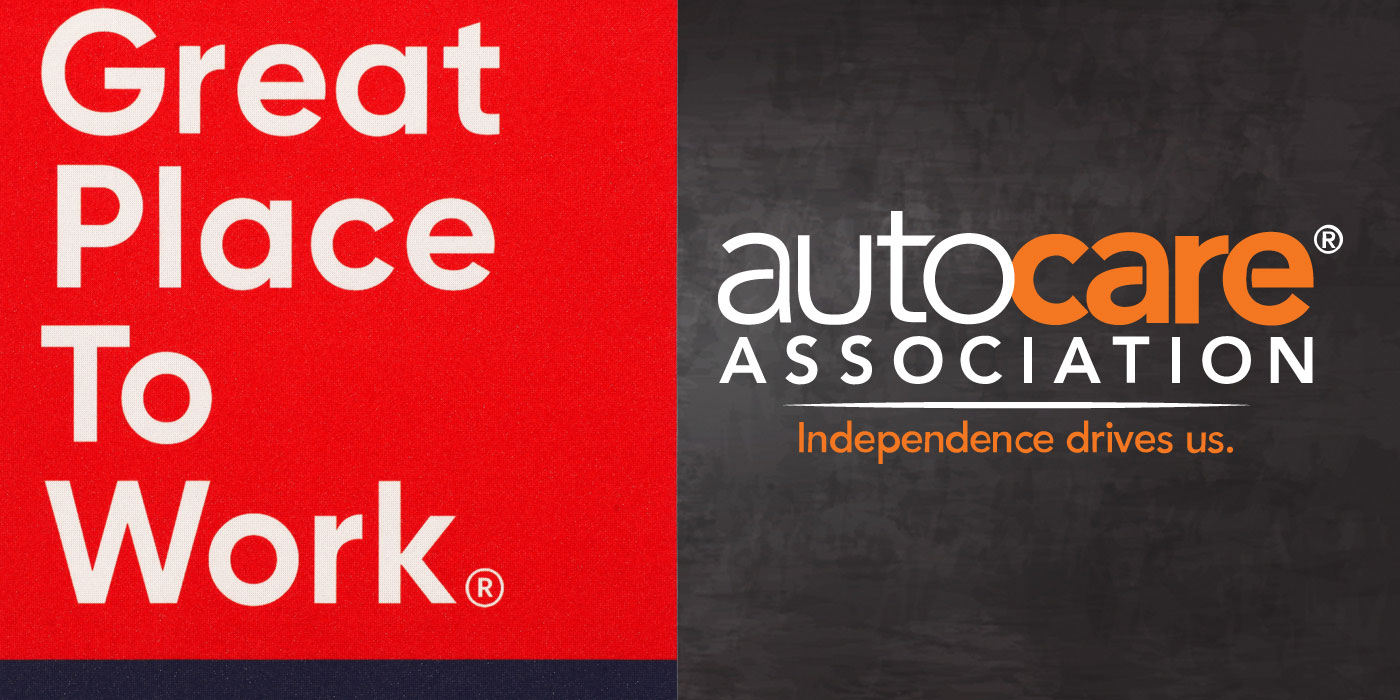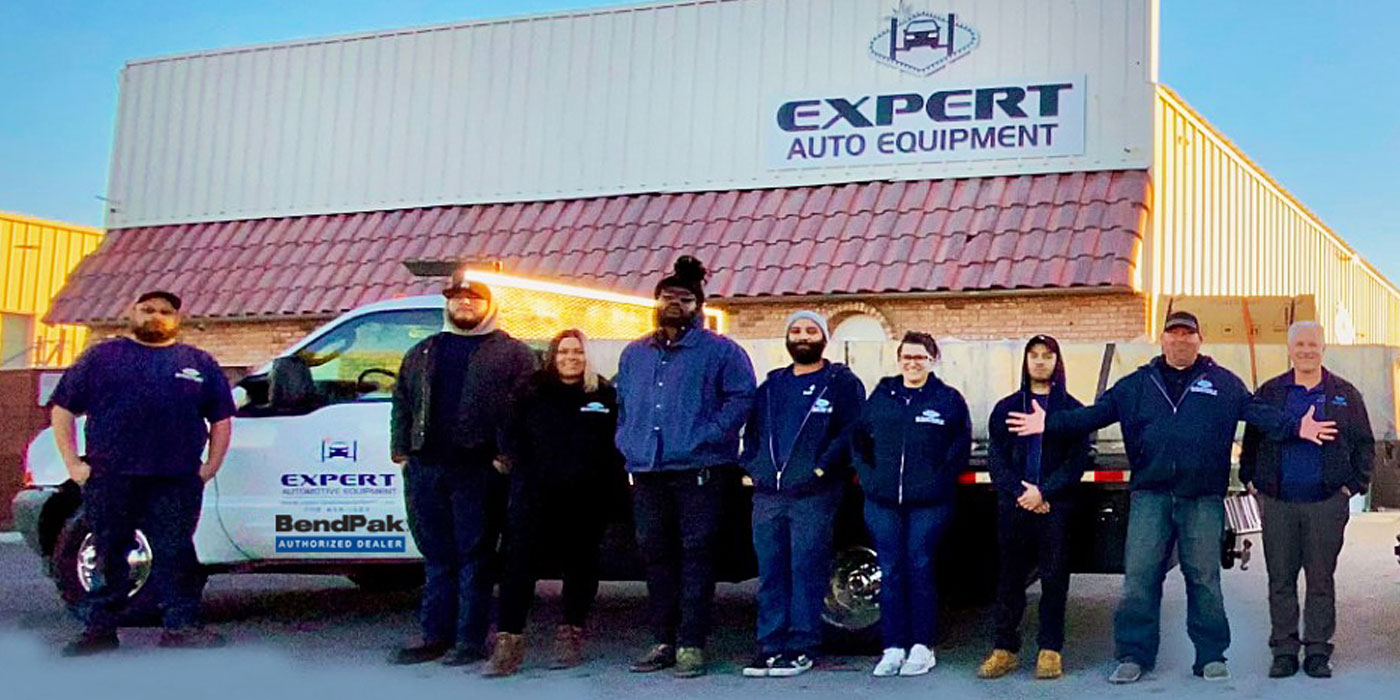It’s April, and we all know that means taxes.
So in honor of our yearly date with the IRS, it makes sense to discuss one of the most important considerations during the business sales process: How to deal with the taxes that will come up as a result of the sale of your business.
The sale of your store will often create a significant tax bill. In fact, if you are not very careful, you could end up with less than half of the total selling price in your bank account after you have paid all of the taxes. However, with smart preplanning, it’s possible to minimize or defer at least some of these taxes.
In the end, you will probably end up selling everything in and around your store – the inventory, shelving, the computer system, delivery vehicles, machine shop equipment, office furniture, signs, customer lists, accounts receivables, supplier agreements and maybe even the parts counter for the counterman to lean on. Perhaps if you own your building, you will want to sell the business real estate as well.
Here capital gains becomes an important issue. Any sale of a capital asset, including all of the stuff listed above, will require payment of income tax on your capital gains. Ordinarily, these gains are taxed in the year of the sale of the business assets. Under our current laws, long-term capital gains are taxed at a significantly lower rate than ordinary income tax.
Last month I wrote about "not going it alone," and no where is this more true than in the area of taxation. It is absolutely essential that at least one of the members on your business sale team is an expert in dealing with all the tax aspects of selling a business. This important team member might be your accountant, your lawyer or a business resale consultant. You may even want to think about asking your lawyer or accountant to recommend someone to provide professional advice in this area.
Taking advantage of all of the tax-saving opportunities requires planning well in advance of signing the business sale documents, so be sure to visit with your own tax expert before you begin serious negotiations with your buyer.
There may be some valuable assets that you want to keep and not sell, such as your building, which you can then lease to the buyer of your parts business. Retaining the real estate that currently houses your auto parts store can provide you with a steady stream of rental payments for years to come. Often owners choose to keep the real estate for now, lease it for a few years to the buyer of the parts store and then sell the building to them later.
When you sell your store, you are really selling your collection of assets, some tangible (such as inventory, shelving, vehicles and machines) and some intangible (such as accounts receivables, customer data, customer relationships, trade name, a workforce, covenants not to compete and reputation.) Unless your parts business is incorporated and you are selling 100 percent of the stock certificates, the selling price must be allocated among the assets that are being sold. According to the IRS rules, you and the buyer must use the same allocation, so the allocation will have to be negotiated and put in writing as part of the sales contract.
Buyer’s First Year Cash Flow
The allocation of the selling price to the assets is usually a give-and-take negotiation. Your buyer wants as much value as possible to be allocated to assets that are currently tax deductible, such as your post-sale consulting agreement, or to the assets that can be depreciated quickly under IRS rules – this will improve the new owner’s cash flow by reducing their tax bill during the first few years of their ownership.
You on the other hand, want as much value as possible allocated to assets on which the gain is treated as capital gains, rather than to assets on which the gain must be treated as ordinary income. Your motivating reason is that the tax rate on long-term capital gains is limited to 20 percent, while the tax rate on your ordinary income can be as high as 38 percent. The additional 18 cents on every dollar you receive from the sale of the allocated value of assets will go to Uncle Sam, so the rate differential is very important to you.
Choices
If the ownership of your store was organized as a corporation, you have a choice to make. You can either sell the stock in the corporation to the buyer, or you can have your corporation sell its assets to the buyer, leaving the corporate "shell" in your hands.
It is the tax consequences that are the main reason that C corporation owners usually prefer to sell their stock certificates, while the buyer wants to buy your corporation’s assets. If you choose to sell just the assets of your corporation, you will be taxed twice. Your corporation will pay tax on any gains realized when the assets are sold to the buyer, and then the shareholders of your corporation (you) will pay capital gains tax when the "shell" corporation is liquidated and the cash is distributed. In contrast, if you sell the stock certificates, you will pay only capital gains tax on your profit from the sale, generally at the lower 20 percent rate.
The point I always like to make to a store owner trying to decide on the issue of a stock sale or asset sale is that your increased tax liability from an asset sale will usually be larger than the tax savings your buyer will get to enjoy from the same asset purchase transaction. A stock certificate sale usually results in the lowest total amount of tax being paid to the government and the most cash left in the bank accounts of both buyer and seller. Personally I think it’s only fair (if you choose the stock sale method) to negotiate a small adjustment down in your selling price to reflect the future tax burden of your buyer.
If your business is a sole proprietorship, a partnership or an LLC, each of the assets sold with the business is treated separately. The taxable amount from the value allocation of the asset is the "recaptured depreciation" or your profit gain. The taxable amount is the difference between what you sell the asset for and the book value of that asset as it is listed on your balance sheet. Depending on the length of time you have owned the asset, you may be entitled to the lower tax rate of long-term capital gains. Certain assets are not eligible for capital gain treatment, and any gains you get from the sale of those assets are treated as ordinary income and taxed at your personal income tax rate.
Selling your business for the most you can get, and at the same time limiting the tax liability associated with the sale, will always be a give-and-take negotiation.
Please note that this information on the tax aspects of selling a parts store is a very broad overview, and covers only federal tax issues. For more detailed information and accurate advice pertaining to your individual situation and information about your potential state and local tax liability, consult your tax advisor.
I hope these four articles have been informative and beneficial to readers. Selling a business is no small undertaking and you should not do it without sound business advice, planning and forethought. If you are thinking about selling, get busy now to add value to your store before the sale.
There are number of things that you can do to improve your store’s appeal to buyers before the sale. Since cash is king, the most essential step you’ll want to take is to clean up your income statement (P&L). Basically, this means doing whatever it takes to increase your EBIT (earnings before interest and taxes). This may mean something as simple stopping price overrides thus increasing your gross profit, hiring a salesperson on a commission basis, going out and visiting customers and explaining why your store should be first call on one additional product line, keeping your store open an extra five hours per week to generate more sales, and taking a hard look at all your expenses to see whether you can reduce any of them.
I hope these four articles have been informative and beneficial to readers. The Auto part industry is a great business for existing owners and new entrepreneurs who want to own their own small business.










